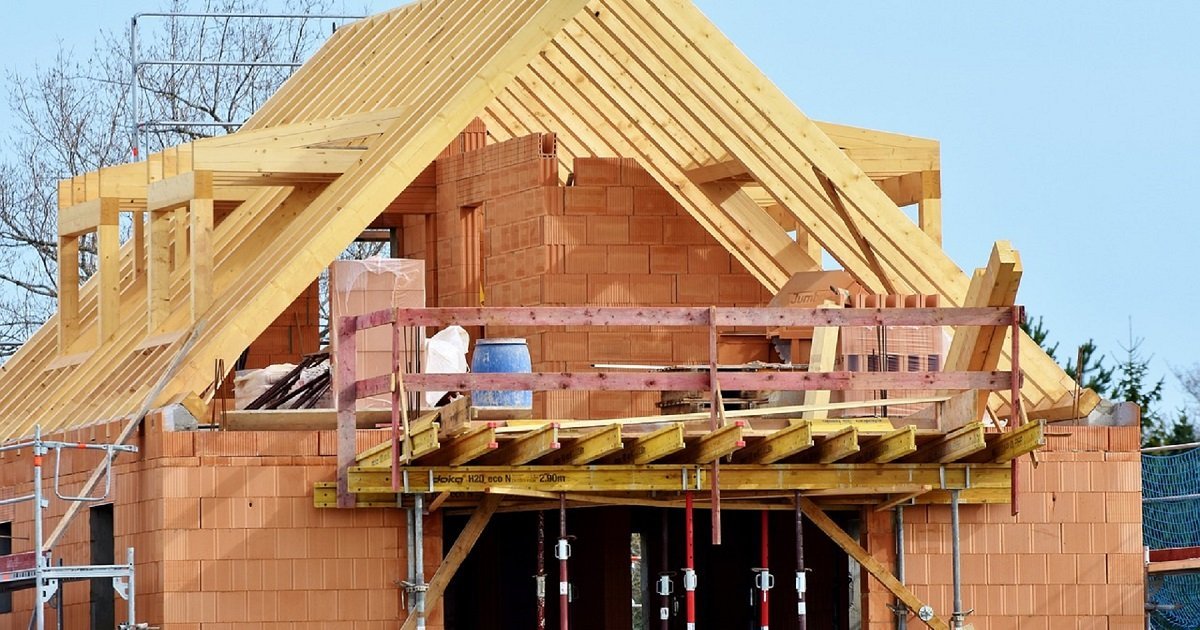In a competitive market, real estate agents are constantly looking for ways to gain more listings and stay top-of-mind with homeowners. While social media and door-knocking may help, nothing beats organic visibility on Google. That’s where real estate SEO steps in.
Let’s dive into exactly how better website SEO can help you generate more listings — and dominate your local market.
Step 1: Optimize for Seller Intent Keywords
If you want more listings, you need to target homeowners — not just buyers.
Most real estate websites focus solely on property searches and IDX listings, but that misses the mark when targeting people ready to sell.
Start optimizing your content with keywords like:
-
“How to sell my home in [City]”
-
“Best real estate agent to sell [home type]”
-
“Sell my house fast [Location]”
Including these phrases naturally throughout your website helps position you as the go-to listing agent — and boosts your authority using SEO for real estate agents.
Step 2: Create Location-Specific Landing Pages
Homeowners are searching for local help, not general advice.
If you work across several suburbs or cities, create dedicated pages for each location — not just one “About” page that lists them all.
For example:
-
“Sell Your Home in Downtown Denver”
-
“Listing Specialist in South Austin”
-
“Your [Neighborhood] Real Estate Advisor”
These landing pages are powerful ranking tools, especially when working with a real estate SEO agency that can map out a local keyword strategy.
Step 3: Add Testimonials and Case Studies with SEO in Mind
Social proof builds trust — and trust leads to listings.
Use past successes to your advantage:
-
Showcase before-and-after property photos
-
Include a summary of how quickly a property sold
-
Mention how the seller found you (e.g., Google)
Make sure each case study includes optimized titles and local references. This feeds into your overall real estate SEO strategy while making your website more persuasive.
Step 4: Provide a Home Valuation Tool
Homeowners thinking about listing are often curious about one thing: what their home is worth.
Add a “Free Home Valuation” CTA to your homepage, blog posts, and landing pages. Tools like Homebot, Cloud CMA, or even a custom form can help.
Pair it with compelling copy:
“Thinking of selling? Find out what your home is worth in 60 seconds.”
Then back that CTA with SEO blog content like:
-
“How Home Valuations Work in [City]”
-
“Factors That Affect Your Property’s Value”
This builds lead capture while targeting SEO real estate keywords organically.
Step 5: Build Authority Through Educational Content
Most sellers don’t list on impulse — they research for weeks or months first.
Blog content like the following will help you win that trust early:
-
“How to Choose the Right Listing Agent”
-
“5 Mistakes to Avoid When Selling Your Home”
-
“The Best Time to Sell a House in [Your City]”
A solid content plan will bring traffic to your site and position you as a local expert. This is where real estate SEO companies really shine: by structuring content around buyer and seller intent.
Step 6: Set Up Google Business Profile for Seller Visibility
While this isn’t technically on your website, it plays a massive role in lead generation.
Make sure your Google Business Profile:
-
Has “listing agent” and “real estate consultant” as services
-
Shows consistent reviews from sellers
-
Links back to your optimized website
-
Features “before/after” success stories in posts or images
A well-managed profile combined with local SEO for real estate agents can drive serious listing leads your way.
Step 7: Use Blog CTAs and Lead Magnets
Once you have content on your blog, don’t let it sit there passively.
Use strategic calls-to-action like:
-
“Download our free Seller Guide”
-
“Book your free pricing consultation”
-
“See how quickly we can list your home”
This turns blog traffic into conversions — one of the core goals of any good real estate agent SEO campaign.
Final Thoughts
Want more listings? Don’t just chase leads. Attract them.
With an optimized website, intentional content, and a solid strategy built on real estate SEO services, your website becomes a magnet for sellers in your market.
Smart agents aren’t just door-knocking in 2025 — they’re ranking, nurturing, and converting leads online every single day.

